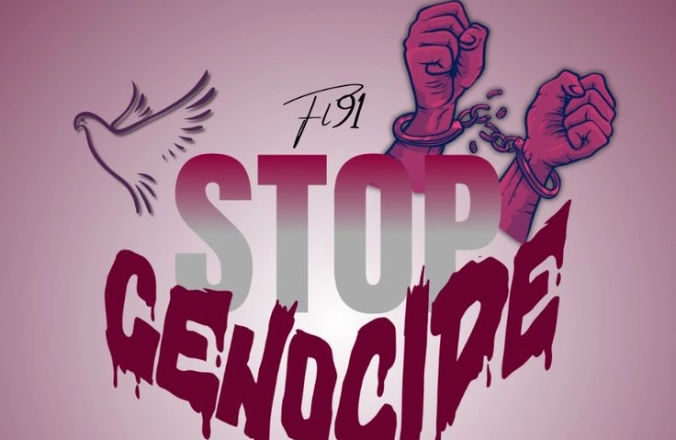International Day of Commemoration and Dignity of the Victims of the Crime of Genocide and of the Prevention of this Crime
Every year on December 9, the international community observes an important date — the International Day of Commemoration and Dignity of the Victims of the Crime of Genocide and of the Prevention of this Crime. This day serves as a reminder of the darkest pages of human history and of the dangers of indifference and inaction in the face of hatred.
Historical background
On December 9, 1948, the United Nations General Assembly adopted the Convention on the Prevention and Punishment of the Crime of Genocide. This landmark document was the first international treaty to define genocide as a crime and establish the responsibility of states to prevent and punish it.
Since then, the world has witnessed tragic events — from the Holocaust to the genocides in Rwanda, Cambodia, Bosnia, and beyond. Each of these episodes represents not only immense human suffering but also a painful lesson humanity must never forget.

Why remembrance matters
Honoring the victims of genocide is not only an act of respect for those who perished, but also a warning for future generations. Forgetting past atrocities risks allowing them to happen again.
Genocide never begins overnight — it is preceded by discrimination, hate propaganda, and the dehumanization of entire groups. Recognizing these warning signs early and responding effectively is key to prevention.
The role of the international community

The United Nations and other global organizations call on states to strengthen mechanisms for early warning, protect human rights, defend vulnerable populations, and promote cultures of peace and tolerance.
Citizens also play a crucial role: by standing up to hate speech, fostering dialogue between cultures, and refusing to remain indifferent to injustice.
A day of reflection and action
December 9 is not only a day of mourning and remembrance but also a call to action. Each of us can contribute: by engaging in educational initiatives, supporting human rights projects, or simply practicing respect and tolerance in everyday life.
Conclusion
The International Day of Commemoration and Dignity of the Victims of the Crime of Genocide and of the Prevention of this Crime reminds us that responsibility for the future rests with all of us. By remembering the tragedies of the past, we commit to building a society based on dignity, respect, and peace. Only then can we ensure that such crimes never happen again.
Close